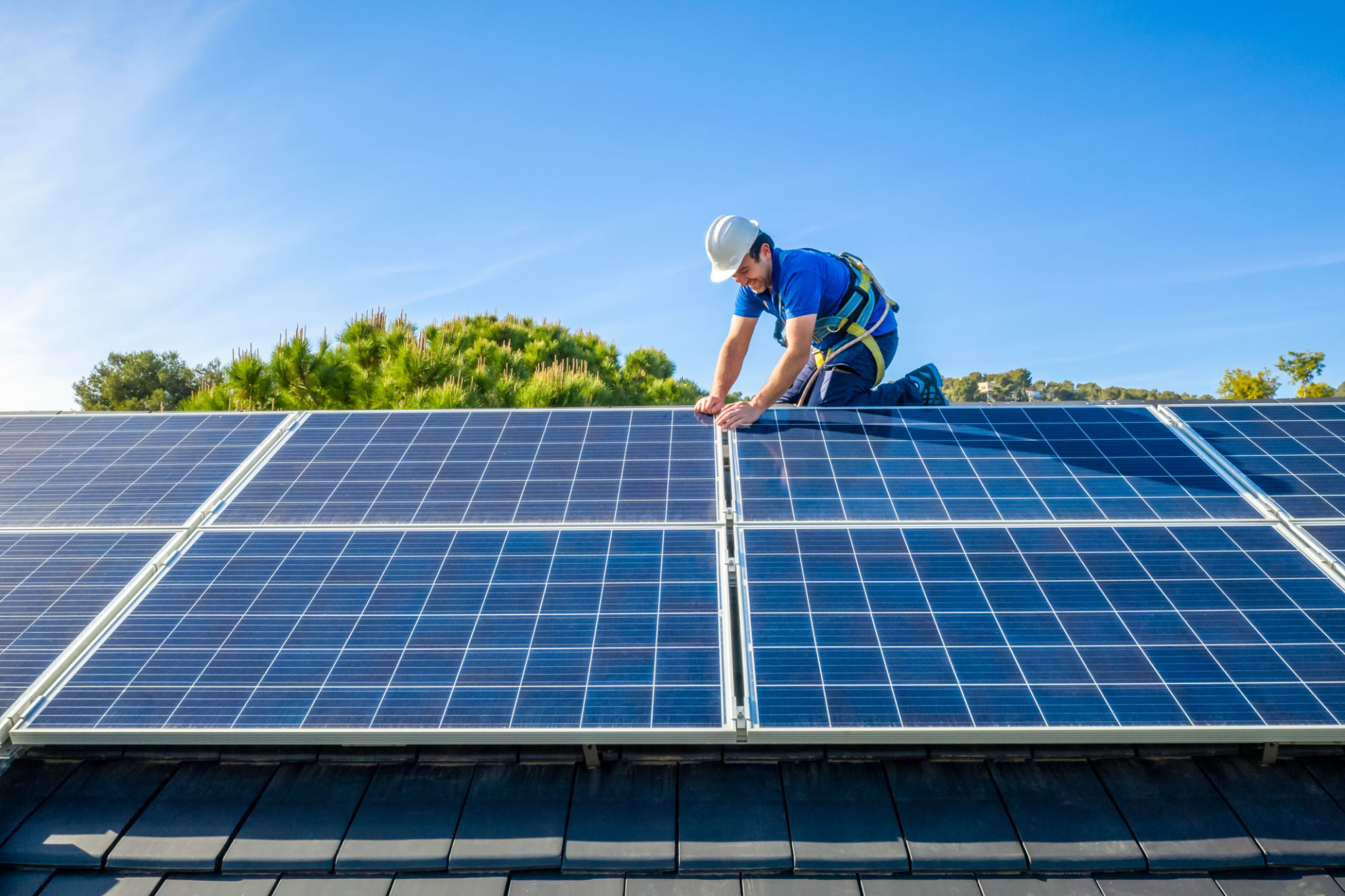The Ultimate Guide to Solar Energy Installation
Understanding Solar Energy
Solar energy is a clean, renewable source of power that is becoming increasingly popular among homeowners and businesses. By harnessing the power of the sun, solar panels can generate electricity without emitting harmful pollutants. This makes solar energy a sustainable option that contributes to reducing carbon footprints and combating climate change. As more people become aware of its benefits, the demand for solar energy installations continues to grow.

Benefits of Solar Energy Installation
Investing in solar energy offers numerous advantages. One of the most significant benefits is the potential for reducing electricity bills. With solar panels, you can generate your own electricity, which means less reliance on the grid and lower energy costs. Additionally, many governments offer incentives such as tax credits and rebates to encourage solar adoption, which can further offset installation costs.
Moreover, solar energy systems can increase the value of your property. Homes with solar installations often sell at higher prices than those without. This added value, combined with the long-term savings on energy bills, makes solar an attractive investment for homeowners.
Steps to Install Solar Panels
The process of installing solar panels involves several steps. First, you'll need to evaluate your energy needs and determine if your property is suitable for solar installation. This includes assessing factors such as roof condition, orientation, and shading.

Next, you'll need to choose a reputable solar provider. It's essential to work with a company that offers quality products and reliable service. After selecting a provider, they will conduct a site assessment and design a system tailored to your energy requirements.
Installation and Maintenance
Once the design is approved, the installation process begins. This typically takes a few days to complete, depending on the complexity of the system. After installation, the solar panels will be connected to your home's electrical system and tested to ensure everything is functioning correctly.
Maintenance for solar panels is generally minimal. Regular cleaning and periodic inspections are recommended to ensure optimal performance. Most systems come with warranties that cover any repairs or replacements needed during the warranty period.

Choosing the Right Solar System
When selecting a solar system, it's crucial to consider factors such as efficiency, durability, and cost. Higher efficiency panels may have a higher upfront cost but can provide more savings in the long run. Additionally, it's important to choose durable materials that can withstand environmental factors like wind and rain.
Consulting with a professional solar installer can help you make an informed decision based on your specific needs and budget. They can provide insights into different types of panels and inverters available on the market.
Conclusion
Solar energy installation is a smart choice for those looking to reduce their carbon footprint and save on energy costs. With advancements in technology and increasing affordability, there's never been a better time to invest in solar power. By following this guide and working with experienced professionals, you can successfully navigate the process of installing a solar energy system at your home or business.